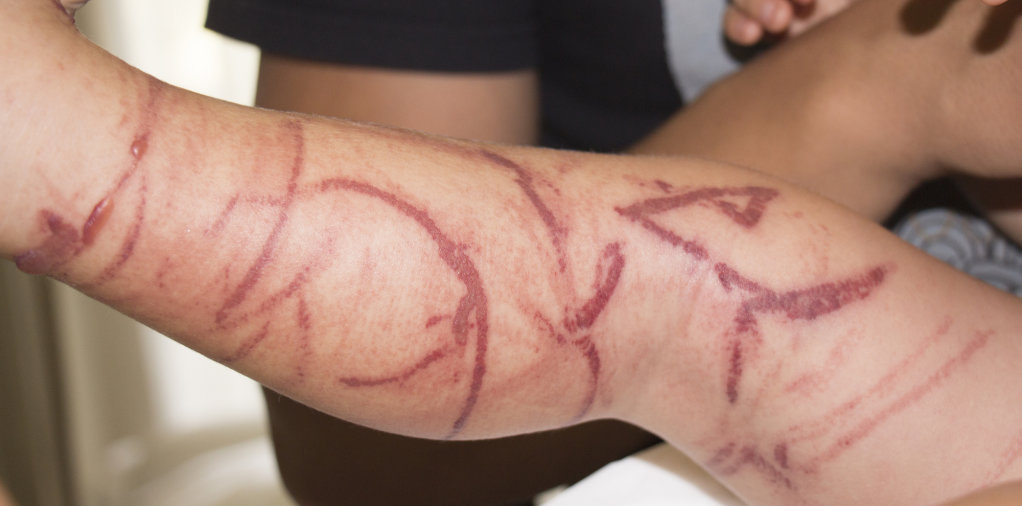
Have you ever been stung by a jellyfish? It's not a pleasant experience. The tentacles of a jellyfish contain venom that can cause a painful and uncomfortable sting. The good news is that most jellyfish stings are not life-threatening and can be treated at home. However, one of the common concerns people have after being stung by a jellyfish is whether the scars will go away.
What Causes Jellyfish Sting Scars?

Jellyfish stings can cause scars because the venom can damage the skin. When a jellyfish stings you, its tentacles release tiny, barbed stingers called nematocysts. These nematocysts can stick to your skin and inject venom. The venom can cause redness, swelling, itching, and pain. In some cases, the venom can also cause blisters and welts. If you scratch or rub the affected area, you can spread the venom and make the sting worse.
If the jellyfish sting is severe, it can cause scarring. Scars occur when your body tries to repair the damaged skin. The scar tissue is different from normal skin tissue and can be raised or discolored.
Do Jellyfish Sting Scars Go Away?

Whether jellyfish sting scars go away depends on the severity of the sting and the scar. In mild cases, the scars may fade over time and eventually disappear. However, in more severe cases, the scars may be permanent.
If you have a jellyfish sting scar that is bothering you, there are treatments that can help. One of the most effective treatments is laser therapy. Laser therapy can help reduce the appearance of scars by removing the scar tissue and stimulating the production of new, healthy skin cells.
How to Prevent Jellyfish Sting Scars

The best way to prevent jellyfish sting scars is to avoid getting stung in the first place. If you're going to be in the water, wear protective clothing such as a wetsuit or rash guard. You can also apply a jellyfish sting prevention cream or spray to your skin.
If you do get stung by a jellyfish, it's important to treat the sting right away. Rinse the affected area with vinegar to neutralize the venom. Avoid rubbing or scratching the sting, as this can make it worse. Apply a topical cream or ointment to help relieve the pain and itching.
Conclusion
Jellyfish stings can be painful and uncomfortable, but they usually aren't life-threatening. Whether jellyfish sting scars go away depends on the severity of the sting and the scar. In mild cases, the scars may fade over time and eventually disappear. However, in more severe cases, the scars may be permanent. If you have a jellyfish sting scar that is bothering you, there are treatments that can help. The best way to prevent jellyfish sting scars is to avoid getting stung in the first place.